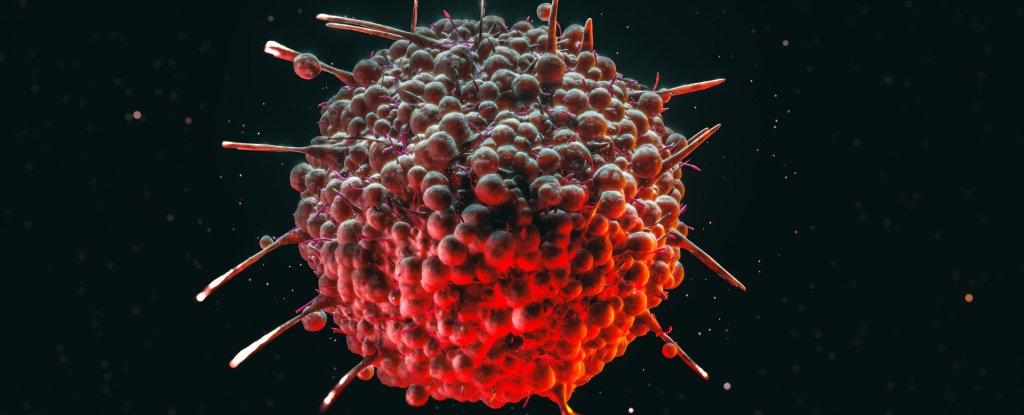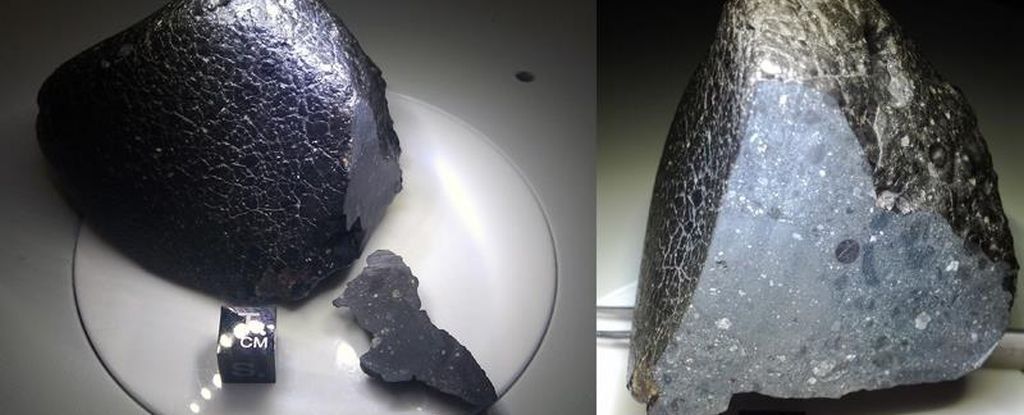ARTICLE AD
We’ve all had a night out after which we feel ten years older the next morning, but when it comes to actual aging, that sudden shift may almost literally be true—we don’t age gradually, but in two big spurts that hit around 44 and 60.
While we think of getting older as a linear process, gradually inching towards our elder discounts, many of our internal systems don’t slowly change but undergo rapid transformations, according to new research.
A team of doctors from the Stanford University School of Medicine examined 108 participants—all between the ages of 25 and 75—over the course of several years (that length of time varied by volunteer, with an average of 1.7 years, though some were monitored for almost seven years). Over that time, the researchers checked in on a large number of biological markers, including the microbiome in their volunteers’ stool, skin, mouths, and noses, as well as different proteins, fats, and other molecules in their blood. In total, they examined more than 135,000 different types of molecules and microbes from each volunteer.
In a paper published in the journal Nature Aging, the scientists reported discovering two periods of rapid and significant change: one in people’s mid-40s and another in their early 60s.
“We’re not just changing gradually over time; there are some really dramatic changes,” said Michael Snyder, a professor of genetics at Stanford who worked on the study, in a statement. “It turns out the mid-40s is a time of dramatic change, as is the early 60s. And that’s true no matter what class of molecules you look at.”
While women may not be surprised to hear about an abrupt change taking place in their fifth decade, the researchers ruled out menopause as a cause, as the samples taken from men showed similar transformations.
Xiaotao Shen, a former Stanford Medicine postdoctoral scholar who also worked on the study, said the reasons for the mid-life changes are not yet known, but “should be a priority for future research.”
Surprisingly, only a small fraction of the molecules and microbes studied—a mere 6.6%—showed gradual changes as people aged. The changes were so dramatic and widespread that they could significantly affect a person’s health. For instance, people in their 40s tended to experienced changes in molecules connected to metabolizing caffeine and alcohol. People in their 60s saw shifts in the molecules tied to digesting carbs, but some also involved kidney function and the functioning of their immune systems. Both age groups experienced big changes in markers tied to the risk of developing cardiovascular disease.
While more research is needed to know why these changes happen during this era of life, Snyder said it could be a matter of lifestyle. He encouraged people to take care of themselves before hitting those age milestones, and to gird themselves for what’s to come, while they’re still healthy.
Age might only be a number to you, but the tiny things living in your gut and molecules in your blood would disagree. Hop on that treadmill, replace that burger with a salad, and maybe try some meditation. You’ll thank yourself when you’re older.

 3 months ago
25
3 months ago
25 

